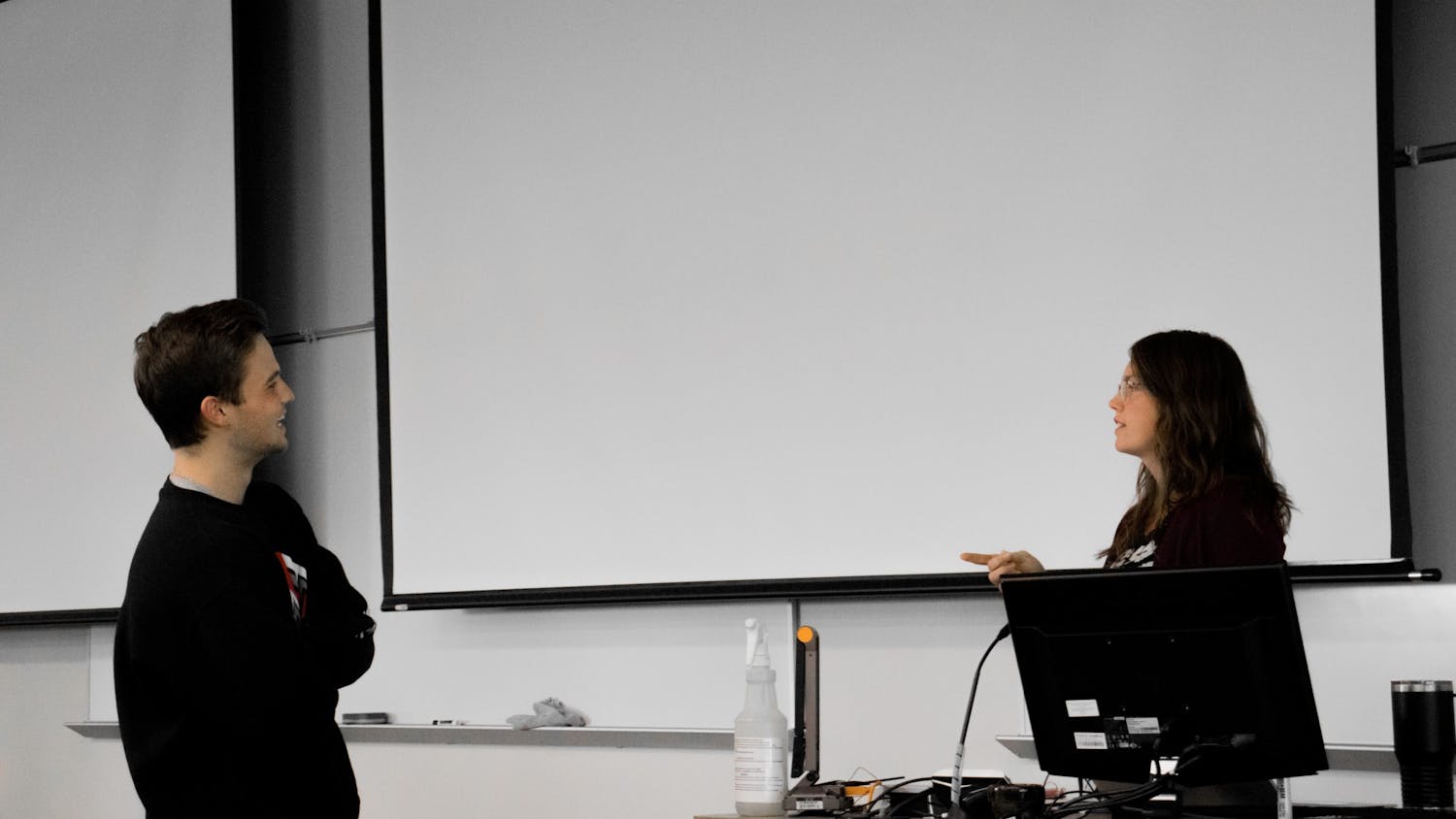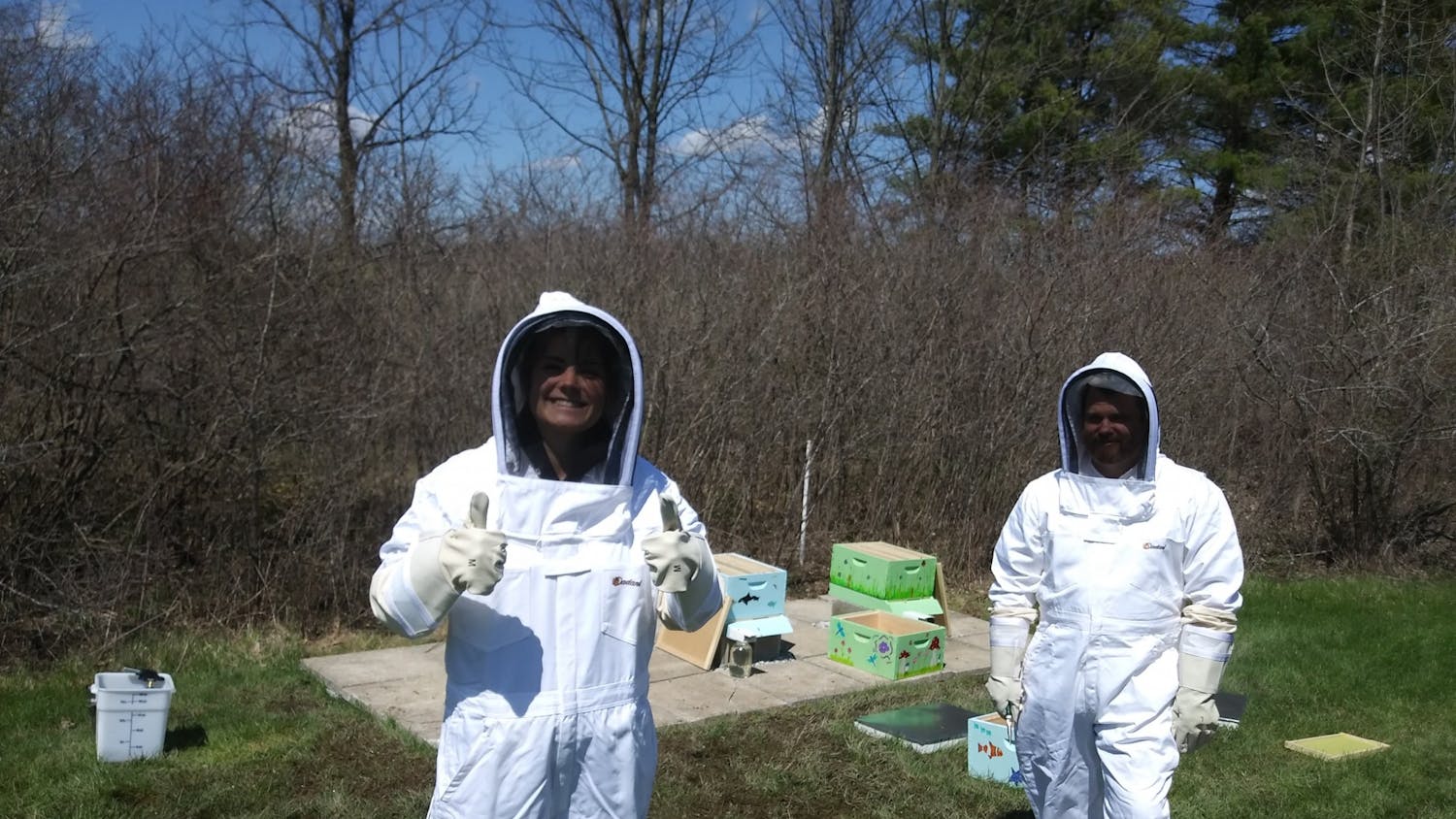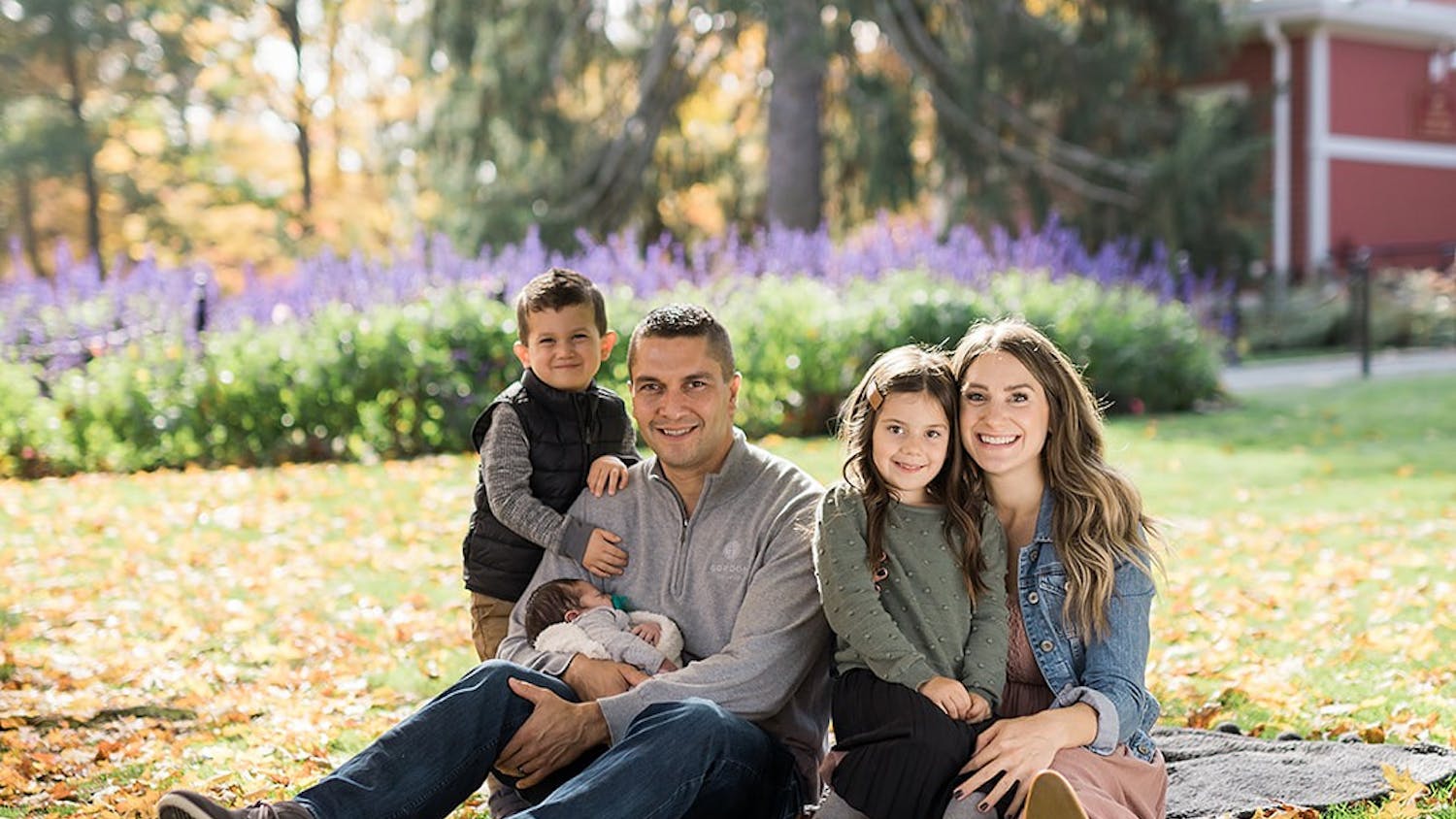It’s easy; people walk to a trash can, toss their garbage in the bin and walk away without giving it a second thought.
But how often do people think about where the garbage goes? How often do people take action to sort trash and recycle properly? The waste-disposal method is so easy that people often aren’t mindful about how or where they throw away their trash or recycling.
This is just one situation where a mindset of sustainability would be beneficial.
Fortunately, there are multiple measures in place at Taylor University that encourage sustainability. These measures vary from reducing food waste to energy and water conservation. Many of these measures are financially beneficial as well as simply good stewardship of the many resources people often take for granted.
“Taylor has a really good recycling program, although, students have not learned how to use it well,” Phil Grabowski, Assistant Professor of the Sustainable Development program, said.
Grabowski explained that when waste is properly sorted, the recycled waste is sold to a company, which generates income for the university. The waste in the trash bins must go to a landfill, which Taylor has to pay for.
Not only is recycling more financially beneficial for the university, but more sustainable for the environment. If something that should have been recycled goes into the trash, it will go to the landfill and sit there indefinitely.
“The message I want students to hear is just recycle properly, pay attention to the signs, put stuff in the proper bin and don’t dump your salad in the recycling bin because then the whole bag gets contaminated and nobody has the time to sort through it all,” Grabowski said. “Things get contaminated and it all goes into the trash.”
There are many other types of waste, such as water waste, food waste or energy waste.
Grabowski advises against unnecessarily long showers, because a lot of energy is used in getting the water from its source to the faucet. Not only will taking slightly shorter showers save water, but it will also save that energy used to transport and heat the water.
“When students waste food — or anybody is wasting food — that goes into the landfill, and typically, it creates methane, which is a greenhouse gas,” Grabowski said. “Not only are there that kind of pollution aspects, there’s also all the waste that went into growing that food, processing that food and transporting it here.”
Fortunately, Taylor University has measures to prevent some food waste, such as peels and scraps being fed to an employee’s cows and pigs, and untouched pans of food being frozen and then donated to the community.
As far as energy waste from transportation, driving short distances can be convenient, but walking is typically healthier for the body and the mind. Walking also helps reduce the amount of gas emission from cars. If faster transportation is necessary, bikes and skateboards are great options too.
In fact, Michael Guebert, the co-chair of the Biology, Environmental Science, Public Health and Sustainability Department, provides bikes for rent and manages a garage next to the Ockenga Honors Lodge where students can repair their own bikes.
Some students might be inclined to shrug off sustainability measures or ask, “Why should I care?”
Environmental Science major James Bates provided a response.
“The easy answer to ‘why should others care’ is because you’re a human and you live on the planet,” Bates said. “And if you’re a human and you live on the planet, whether you realize it or not, you are very dependent on everything in the planet, and you’re even more directly dependent on the specific systems that you live in proximity with. You’re dependent on the water cycle of your area, the carbon cycle of your area, you’re dependent on the crops that grow around you, (and) the trees and the vegetation that grows around you.”
Bates explained that his care for the environment and creation stems from his knowledge of and experience with that creation.
He compared this knowledge-to-care progression to how one cares for one’s own body; one learns about their body, learns how to care for it and cares for it because they realize the importance of doing so.
“If we don’t invest in those (aspects of the environment) and make sure that we’re not abusing those things, not only do we lose this piece of our calling that in Genesis we’re called to care for creation, but we also don’t reap the benefits of surviving, to put it frankly,” Bates said.
Bates relayed the importance of fostering care and appreciation for the environment by putting oneself in a place to experience and learn about the environment.
He also expressed how easy it can be to ignore the importance of resources and the environment as a result of accessibility to resources such as water, food and energy.
“I would encourage students here to, at the very minimum, at least think about the sources of the things that they’re consuming and using, whether that’s water, electricity, food, [...] many of them are finite sources,” Bates said. “So at the very minimum, think about these things, and at the maximum, take action and change the way that you’re living to use (resources) more conservatively.”
Students interested in learning more about environmental science can explore Taylor’s Stewards of Creation Club, which raises awareness for and actively works toward campus sustainability. For more information, contact Juniper Tucker at juniper_tucker@taylor.edu, Jared Hyatt at jared_hyatt@taylor.edu, or Emily Hudson at emily_hudson1@taylor.edu. Additionally, there are volunteer Sustainability Assistants in the residence halls who promote sustainable practices. Students from all majors and departments are welcome.




